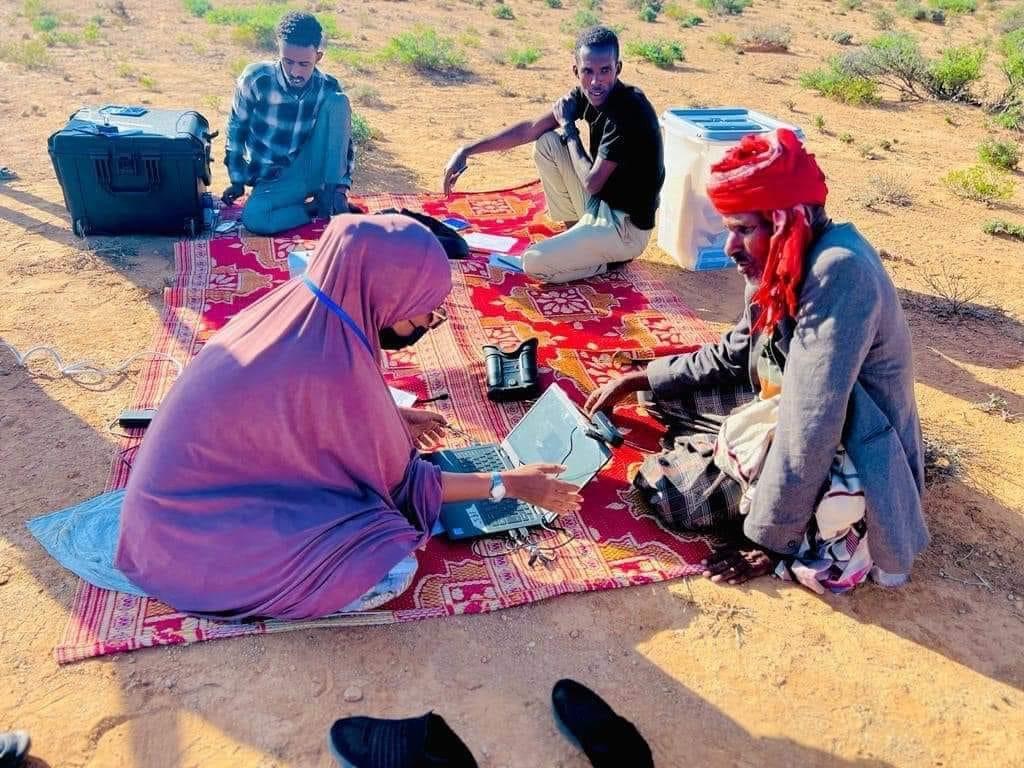AMNI Achievement
Achievements
In 2023, 990 FGM survivors participated in discussions regarding the effects and abandonment of FGM/C.
Since 2022, the AMNI network has achieved notable milestones in advocacy: Collaborated with the Puntland Ministry of Women Development and Family Affairs (MOWDAFA) to draft the National Anti-FGM policy in 2021, with subsequent assistance in reviewing and summarizing it in 2023. AMNI translated the policy into Somali.
In 2022, 1,827 FGM survivors received information about the harmful effects and consequences of FGM/C through our support centers.
Conducted nationwide research on FGM/C prevalence, perceptions, and attitudes in all six regions of Puntland in 2022.
Assessed the knowledge, attitudes, and perceptions of young boys and girls aged 13 in schools regarding FGM/C in 2022.
Trained 35 local media outlets in the 'Media Fight Campaign against FGM/C,' empowering them to advocate the message voluntarily. Organized talk shows and debates for stakeholders to address FGM/C issues in Puntland. Additionally, produced regular IEC materials and posted weekly advocacy messages on social media to reach youth. Arranged dialogues and debates for prominent Religious Leaders under the Ministry of Religious Affairs (MoRA). Produced 10 articles criminalising the Pharaonic type of FGM/C in Puntland.The Ministry of Religious Affairs issued a fatwa banning the practice.Developed an Anti-FGM/C Advocacy Strategy for the adoption of Anti-FGM/C policy and enactment of Anti-FGM/C law.





